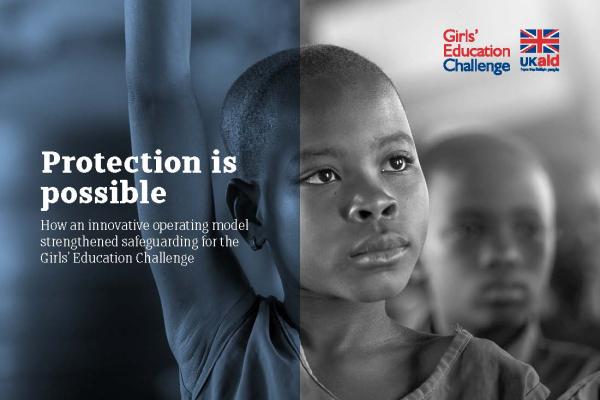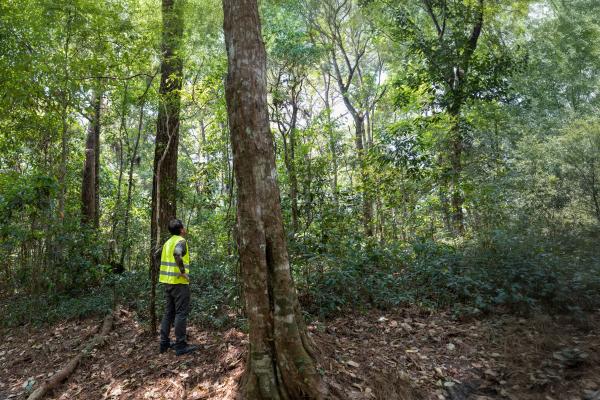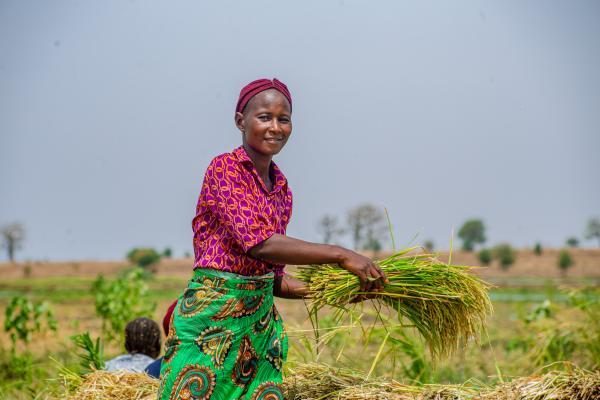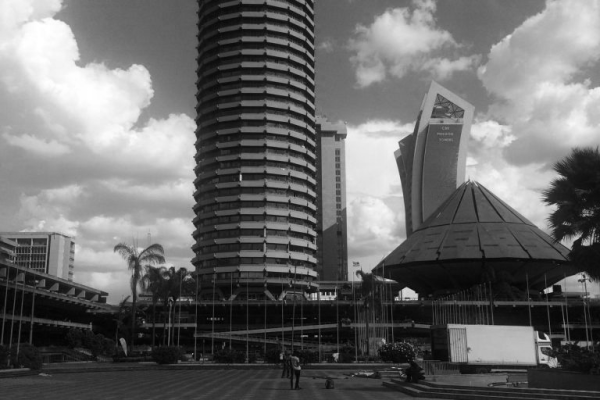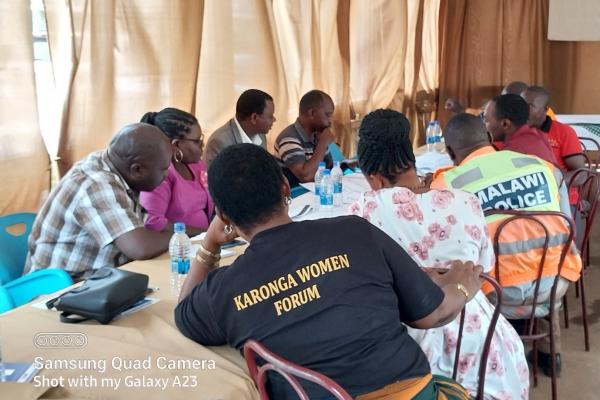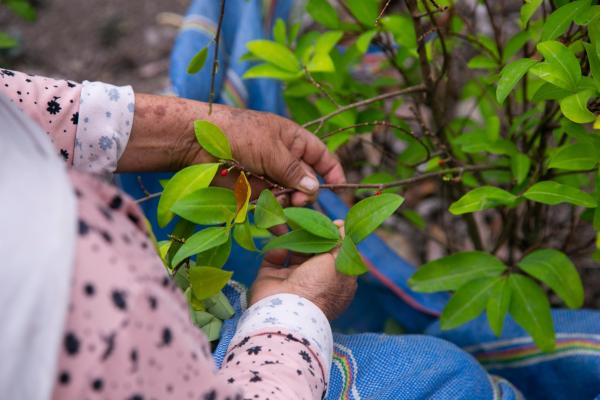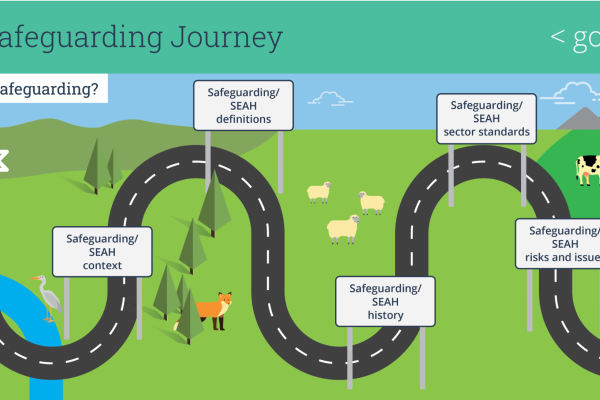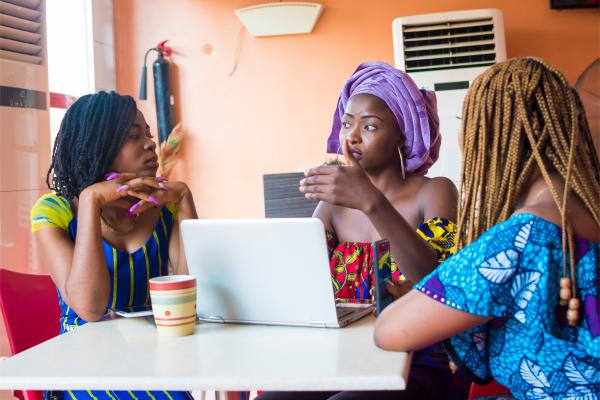S2S Key message 1
This document is a poster used to communicate the S2S services within communities.
Social Development Direct are market leaders in providing safeguarding technical services.
We have experience working with diverse clients, from development finance institutions and private sector companies to UN agencies and NGOs, universities, foundations and government bodies.
We are committed to helping organisations prevent and respond to exploitation, abuse, harassment and all forms of harm.
We are proud that the flagship Safeguarding Resource and Support Hub is part of our portfolio of work.
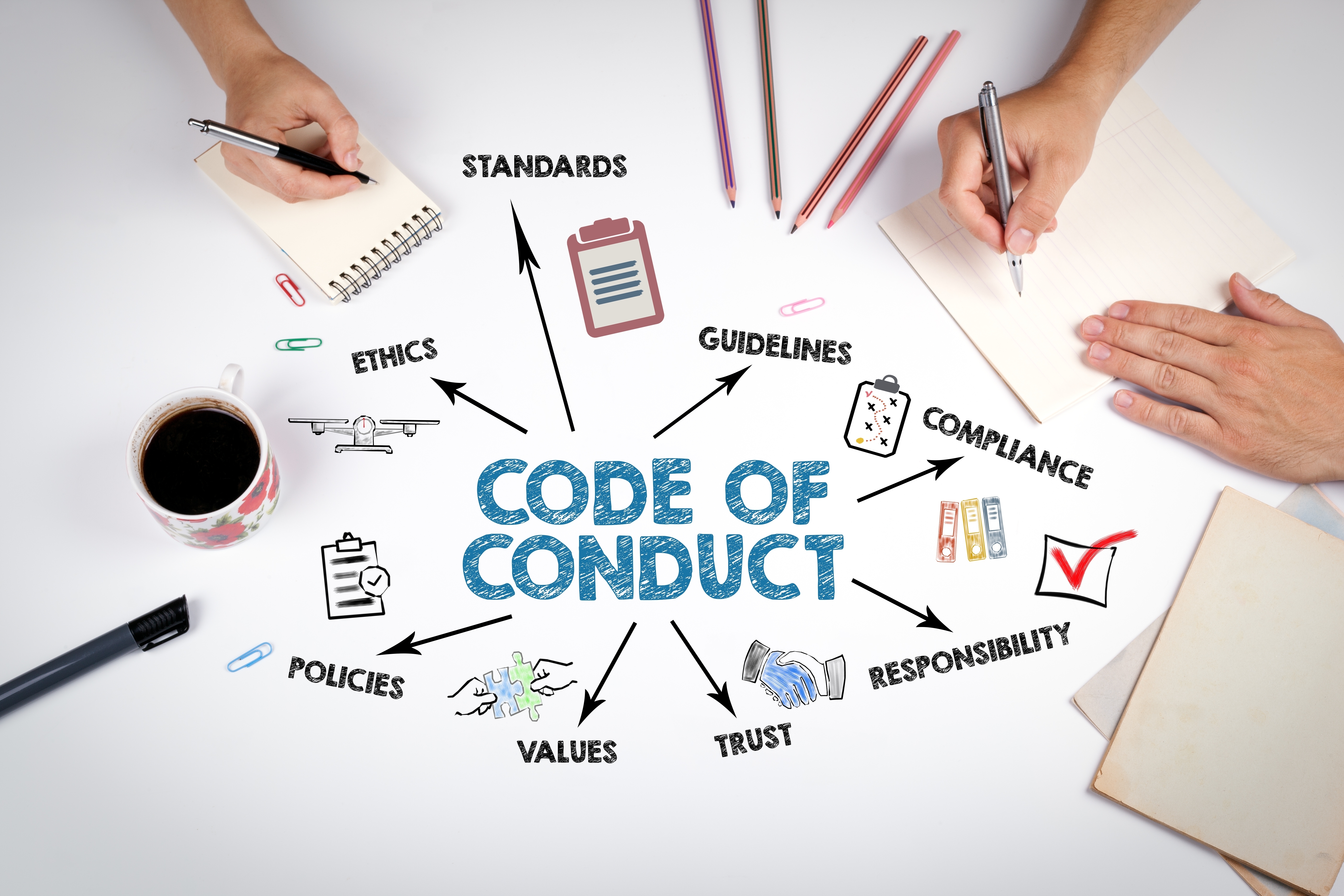
Safeguarding is about keeping staff, contractors, partners, clients and community members safe in humanitarian, development and peace settings. It means putting in place policies and procedures across organisations to prevent and respond to staff misconduct including sexual exploitation and abuse, sexual harassment or other harms such as bullying.
Uneven power dynamics - like those seen in the development and humanitarian aid sector, and in private sector supply chains – increase the risk of harm and exploitation. The more vulnerable staff and community members are, the more likely they are to be exploited, abused, harassed, or otherwise harmed. When organisations’ safeguarding measures fall short and misconduct occurs, projects, relationships and already made gains can be jeopardised and community tensions can increase.
Our dedicated team of global safeguarding professionals ensure that our clients receive the highest level of technical advice and support. We start our work from wherever our client is on their safeguarding journey. We take the time to understand the organisation so we can provide support that is contextually relevant, responds to real needs and leads to success in safeguarding. We offer an explicitly intersectional feminist approach to safeguarding – in particular on the intersections of gender, race, sexual orientation, gender identity, and expression (SOGIE), and disability.
We can support you with:
Safeguarding policies, procedures, models and systems
Safeguarding knowledge building, including with tools, guidelines, training, and coaching on safeguarding.
Research and learning on what works in different contexts and for different organisations.
Incident case handling and investigation advice.
Monitoring, evaluation and learning of safeguarding efforts.
Safeguarding audits and self-assessment support. Click here to read more about our Safeguarding Framework for Organisations.
Mainstreaming safeguarding into existing or new programmes, consortia and sectors in development, humanitarian and peacekeeping settings.
Our thematic areas include:
Safeguarding against Sexual Exploitation Abuse and Harassment (SEAH)
Child safeguarding
Bullying and (non-sexual) harassment
Safeguarding in humanitarian contexts
Integrating safeguarding into high-risk projects
Digital safeguarding
Case handling and investigations
Safe research, monitoring and evaluation
We also conduct a lot of work to support organisations with their internal safeguarding policies and procedures. The outputs of these are often confidential. Here are a few examples of projects we’ve worked on recently:
Developed a global policy and Standard Operating Procedures on safeguarding for a bilateral donor.
Conducted an evaluation of a large international organisation’s safeguarding practices within human resources.
Conducted an audit of the safeguarding systems in place across different organisations working within a consortium in Ghana. Following the audit, we provided a range of technical tools and a series of trainings for consortia members on the core gaps identified in the audit.
Supported a bilateral donor’s head office to roll out safeguarding policy and procedures in country offices. We delivered a number of central guidance products including and supported three country offices with using of a diagnostic tool and develop an action plan and delivered training including on case management.
Provided technical advice to mainstream safeguarding into a range of large development programmes, including evaluations and climate programmes.
If you would like to hear more about our work on Safeguarding (SG), please reach out to Anna Gawn, Head of Safeguarding Portfolio, anna.gawn@sddirect.org.uk.
This document is a poster used to communicate the S2S services within communities.
This document is a learning product produced by the programme.
Alina is a Principal Consultant providing technical safeguarding support to the Resource and Support Hub. She brings a decade of experience to the Safeguarding Portfolio and has extensive safeguarding experience in fragile and developing countries.
Written by Anna Gawn and Loulou Shah
The Asian Development Bank (ADB) developed this good practice note (GPN) to assist ADB staff, executing and implementing agency staff, and consultants in identifying risks of sexual exploitation, abuse, and harassment (SEAH) in selected ADB-financed sovereign projects with civil works; and to advise executing and implementing agencies on how to best prevent, mitigate, and respond to such risks.
This Advisory Note is designed to increase understanding of the ways in which AfDB may conduct due diligence with a view to addressing, mitigating and preventing SEAH in the projects it finances. For that purpose, it summarizes the AfDB’s own policies; notes where these policies have gaps; and provides examples of best practice from other contexts – to aid the AfDB in developing approaches to addressing SEAH within its operations.
Anna joined SDDirect’s technical team in August 2022 and is a Principal Consultant in the Safeguarding Portfoilo.
